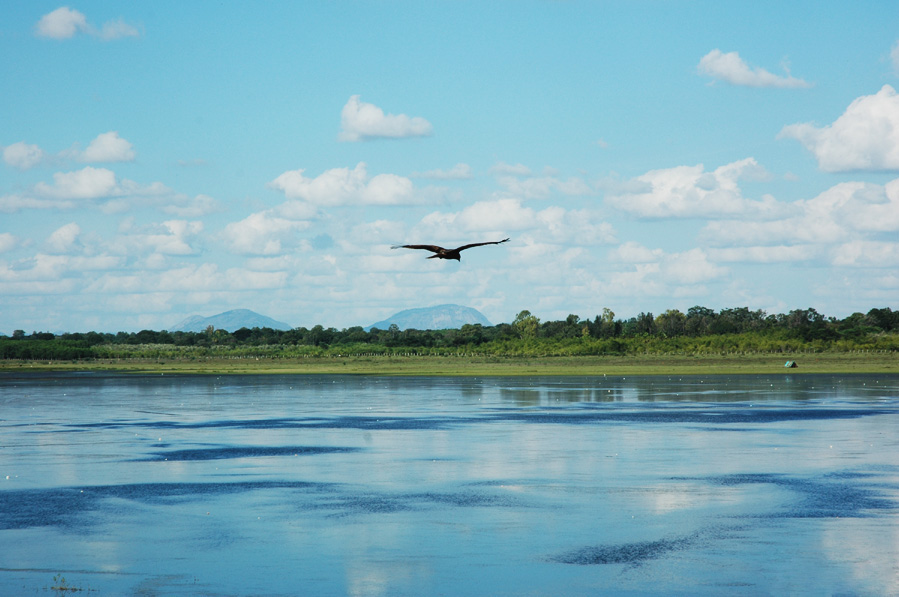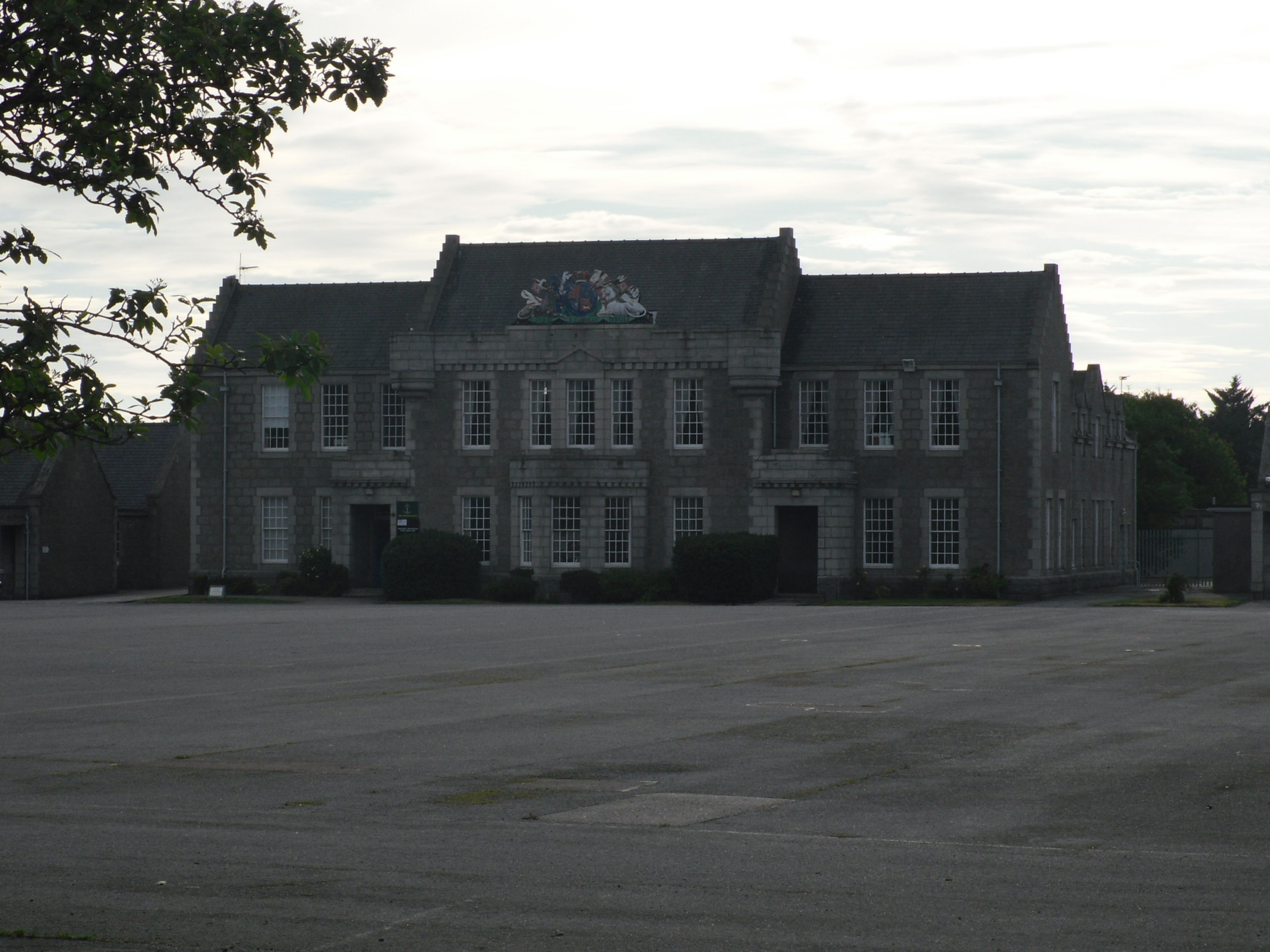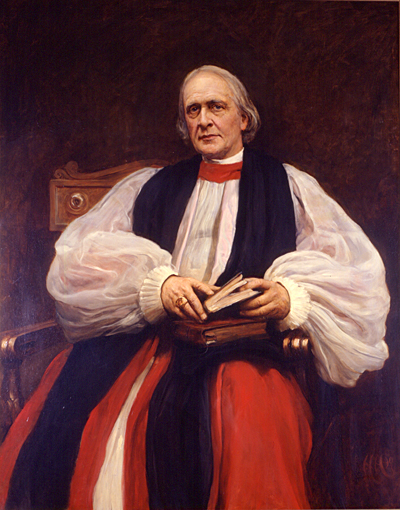|
Harry Tuzo
General Sir Harry Crawford Tuzo, (26 August 1917 – 7 August 1998), was a British Army officer who was Deputy Supreme Allied Commander Europe and General Officer Commanding of the British Army in Northern Ireland during the early period of the Troubles. Early life Harry Craufurd Tuzo was born in Bangalore, India, on 26 August 1917, the son of John Atkinson Tuzo, a British Army officer and civil engineer, and his wife Annie Catherine (née Craufurd).Obituary: General Sir Harry Tuzo '''', 19 August 1998, archived by findarticles.com from the original. Retrieved 30 September 2008. Tuzo was educated at |
Bangalore
Bangalore (), officially Bengaluru (), is the capital and largest city of the Indian state of Karnataka. It has a population of more than and a metropolitan population of around , making it the third most populous city and fifth most populous urban agglomeration in India, as well as the largest city in South India, and the 27th largest city in the world. Located on the Deccan Plateau, at a height of over above sea level, Bangalore has a pleasant climate throughout the year, with its parks and green spaces earning it the reputation as the "Garden City" of India. Its elevation is the highest among the major cities of India. An aerospace, heavy engineering and electronics hub since the 1960s, Bangalore is widely regarded as the "Silicon Valley of India" because of its role as the nation's leading information technology (IT) exporter.——— In the Ease of Living Index 2020 (published by the Ministry of Housing and Urban Affairs), it was ranked the most livable Indian ... [...More Info...] [...Related Items...] OR: [Wikipedia] [Google] [Baidu] |
Officer Of The Order Of The British Empire
The Most Excellent Order of the British Empire is a British order of chivalry, rewarding contributions to the arts and sciences, work with charitable and welfare organisations, and public service outside the civil service. It was established on 4 June 1917 by King George V and comprises five classes across both civil and military divisions, the most senior two of which make the recipient either a knight if male or dame if female. There is also the related British Empire Medal, whose recipients are affiliated with, but not members of, the order. Recommendations for appointments to the Order of the British Empire were originally made on the nomination of the United Kingdom, the self-governing Dominions of the Empire (later Commonwealth) and the Viceroy of India. Nominations continue today from Commonwealth countries that participate in recommending British honours. Most Commonwealth countries ceased recommendations for appointments to the Order of the British Empire when they cre ... [...More Info...] [...Related Items...] OR: [Wikipedia] [Google] [Baidu] |
Jurisprudence
Jurisprudence, or legal theory, is the theoretical study of the propriety of law. Scholars of jurisprudence seek to explain the nature of law in its most general form and they also seek to achieve a deeper understanding of legal reasoning and analogy, legal systems, legal institutions, and the proper application of law, the economic analysis of law and the role of law in society. Modern jurisprudence began in the 18th century and it was based on the first principles of natural law, civil law, and the law of nations. General jurisprudence can be divided into categories both by the type of question scholars seek to answer and by the theories of jurisprudence, or schools of thought, regarding how those questions are best answered. Contemporary philosophy of law, which deals with general jurisprudence, addresses problems internal to law and legal systems and problems of law as a social institution that relates to the larger political and social context in which it exists.Shi ... [...More Info...] [...Related Items...] OR: [Wikipedia] [Google] [Baidu] |
Oriel College, Oxford
Oriel College () is a constituent college of the University of Oxford in Oxford, England. Located in Oriel Square, the college has the distinction of being the oldest royal foundation in Oxford (a title formerly claimed by University College, whose claim of being founded by King Alfred is no longer promoted). In recognition of this royal connection, the college has also been historically known as King's College and King's Hall.Watt, D. E. (editor), ''Oriel College, Oxford'' ( Trinity term, 1953) — Oxford University Archaeological Society, uses material collected by C. R. Jones, R. J. Brenato, D. K. Garnier, W. J. Frampton and N. Covington, under advice from W. A. Pantin, particularly in respect of the architecture and treasures (manuscripts, printed books and silver plate) sections. 16 page publication, produced in association with the Ashmolean Museum as part of a college guide series. The reigning monarch of the United Kingdom (since 2022, Charles III) is the official visitor ... [...More Info...] [...Related Items...] OR: [Wikipedia] [Google] [Baidu] |
Officer Training Corps
The Officers' Training Corps (OTC), more fully called the University Officers' Training Corps (UOTC), are military leadership training units operated by the British Army. Their focus is to develop the leadership abilities of their members whilst giving them an opportunity to take part in military life whilst at university. OTCs also organise non-military outdoor pursuits such as hill walking and mountaineering. UOTC units are not deployable units nor are their cadets classed as trained soldiers. The majority of members of the UOTC do not go on to serve in the regular or reserve forces. History General history of the units The emergence of the Officers' Training Corps as a distinct unit began in 1906, when the Secretary of State for War, Lord Haldane, first appointed a committee to consider the problem of the shortage of officers in the Militia, the Volunteer Force, the Yeomanry, and the Reserve of Officers. The committee recommended that an Officers' Training Corps be formed. Th ... [...More Info...] [...Related Items...] OR: [Wikipedia] [Google] [Baidu] |
Wellington College, Berkshire
Wellington College is a public school (English independent day and boarding school) in the village of Crowthorne, Berkshire, England. Wellington is a registered charity and currently educates roughly 1,200 pupils, between the ages of 13 and 18, per annum. The college was built as a national monument to the first Duke of Wellington (1769–1852), in whose honour it is named. Queen Victoria laid the foundation stone in 1856 and inaugurated the School's public opening on 29 January 1859. Many former Wellington pupils fought in the trenches during the First World War, a conflict in which 707 of them lost their lives, many volunteering for military service immediately after leaving school. A further 501 former pupils were killed in action in the Second World War. The school is a member of the Rugby Group of 18 British public schools and is also a member of the G20 Schools group. History Wellington College was granted a royal charter in 1853 as "''The Royal and Religious Foun ... [...More Info...] [...Related Items...] OR: [Wikipedia] [Google] [Baidu] |
The Independent
''The Independent'' is a British online newspaper. It was established in 1986 as a national morning printed paper. Nicknamed the ''Indy'', it began as a broadsheet and changed to tabloid format in 2003. The last printed edition was published on Saturday 26 March 2016, leaving only the online edition. The newspaper was controlled by Tony O'Reilly's Irish Independent News & Media from 1997 until it was sold to the Russian oligarch and former KGB Officer Alexander Lebedev in 2010. In 2017, Sultan Muhammad Abuljadayel bought a 30% stake in it. The daily edition was named National Newspaper of the Year at the 2004 British Press Awards. The website and mobile app had a combined monthly reach of 19,826,000 in 2021. History 1986 to 1990 Launched in 1986, the first issue of ''The Independent'' was published on 7 October in broadsheet format.Dennis Griffiths (ed.) ''The Encyclopedia of the British Press, 1422–1992'', London & Basingstoke: Macmillan, 1992, p. 330 It was produc ... [...More Info...] [...Related Items...] OR: [Wikipedia] [Google] [Baidu] |
Civil Engineer
A civil engineer is a person who practices civil engineering – the application of planning, designing, constructing, maintaining, and operating infrastructure while protecting the public and environmental health, as well as improving existing infrastructure that may have been neglected. Civil engineering is one of the oldest engineering disciplines because it deals with constructed environment including planning, designing, and overseeing construction and maintenance of building structures, and facilities, such as roads, railroads, airports, bridges, harbors, channels, dams, irrigation projects, pipelines, power plants, and water and sewage systems. The term "civil engineer" was established by John Smeaton in 1750 to contrast engineers working on civil projects with the military engineers, who worked on armaments and defenses. Over time, various sub-disciplines of civil engineering have become recognized and much of military engineering has been absorbed by civil engineering. ... [...More Info...] [...Related Items...] OR: [Wikipedia] [Google] [Baidu] |
British India
The provinces of India, earlier presidencies of British India and still earlier, presidency towns, were the administrative divisions of British governance on the Indian subcontinent. Collectively, they have been called British India. In one form or another, they existed between 1612 and 1947, conventionally divided into three historical periods: *Between 1612 and 1757 the East India Company set up Factory (trading post), factories (trading posts) in several locations, mostly in coastal India, with the consent of the Mughal emperors, Maratha Empire or local rulers. Its rivals were the merchant trading companies of Portugal, Denmark, the Netherlands, and France. By the mid-18th century, three ''presidency towns'': Madras, Bombay and Calcutta, had grown in size. *During the period of Company rule in India (1757–1858), the company gradually acquired sovereignty over large parts of India, now called "presidencies". However, it also increasingly came under British government over ... [...More Info...] [...Related Items...] OR: [Wikipedia] [Google] [Baidu] |
The Troubles
The Troubles ( ga, Na Trioblóidí) were an ethno-nationalist conflict in Northern Ireland that lasted about 30 years from the late 1960s to 1998. Also known internationally as the Northern Ireland conflict, it is sometimes described as an "irregular war" or "Low-intensity conflict, low-level war". The conflict began in the late 1960s and is usually deemed to have ended with the Good Friday Agreement of 1998. Although the Troubles mostly took place in Northern Ireland, at times violence spilled over into parts of the Republic of Ireland, England and mainland Europe. The conflict was primarily political and nationalistic, fuelled by historical events. It also had an Ethnic group, ethnic or sectarian dimension but despite use of the terms 'Protestant' and 'Catholic' to refer to the two sides, it was not a Religious war, religious conflict. A key issue was the Partition of Ireland, status of Northern Ireland. Unionism in Ireland, Unionists and Ulster loyalism, loyalists, who for ... [...More Info...] [...Related Items...] OR: [Wikipedia] [Google] [Baidu] |
Northern Ireland
Northern Ireland ( ga, Tuaisceart Éireann ; sco, label= Ulster-Scots, Norlin Airlann) is a part of the United Kingdom, situated in the north-east of the island of Ireland, that is variously described as a country, province or region. Northern Ireland shares an open border to the south and west with the Republic of Ireland. In 2021, its population was 1,903,100, making up about 27% of Ireland's population and about 3% of the UK's population. The Northern Ireland Assembly (colloquially referred to as Stormont after its location), established by the Northern Ireland Act 1998, holds responsibility for a range of devolved policy matters, while other areas are reserved for the UK Government. Northern Ireland cooperates with the Republic of Ireland in several areas. Northern Ireland was created in May 1921, when Ireland was partitioned by the Government of Ireland Act 1920, creating a devolved government for the six northeastern counties. As was intended, Northern Ireland ... [...More Info...] [...Related Items...] OR: [Wikipedia] [Google] [Baidu] |







